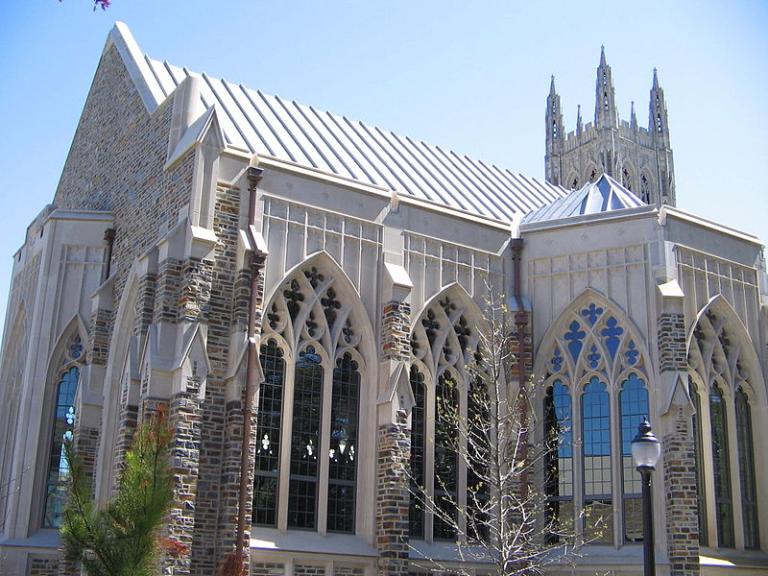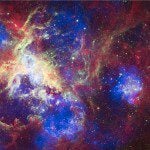
Newly published on the website of the Interpreter Foundation:
Part of our book chapter reprint series, this article originally appeared in In God’s Image and Likeness 2: Enoch, Noah, and the Tower of Babel (2014) by Jeffrey M. Bradshaw and David J. Larsen.
Abstract:The story of Genesis 6-9 is structured into a grand chiasm illustrating the themes of creation and covenant. The covenants made by Adam and Eve in the Garden of Eden are made again, with some modification. The rainbow becomes a symbolic token of the new covenant.
***
Raymond Barfield, who holds both an M.D. and a doctorate in philosophy from Emory University in Atlanta, is a pediatric oncologist at the medical school of Duke University and a professor of Christian philosophy in Duke University’s Divinity School. Here, I cite from the text of his 2011 Veritas Forum address at the University of Oklahoma, as given in Ray Barfield, Pascal’s Wager: What Is It To Be Human? (n.pl.: The Veritas Forum, 2013):
In the end, there are two kinds of thinkers. Those who say upon hearing the description of the many materially describable pieces and processes underlying the appearance, “This is all there is,” and those who say, “No, it’s not.”
The former can say to the latter, “Show me why I should accept the idea of something more,” and though many arguments can be offered, offered indeed on both sides, one who starts as a materialist will attempt to account for these central experiences as purely material events, not yet explained, but explainable, while one who starts as a theist will say that these experiences are most fully illuminated when we reject the prospect that the determined material universe is all there is, and propose instead [a] creator.
The theist will say that love makes more sense, truth makes more sense, value, morality, beauty, longing, joy, hope, music, mystery and goodness all make more sense in a universe that’s not merely accidental matter. It’s not an argument that such a thinker offers (although there are plenty of arguments) nor is it an argument that the materialist offers for the baseline and controlling belief that finally love, value, morality, beauty, longing, joy, hope, music, mystery, and goodness are temporary, accidental parts of a purely material universe.
At this deep level, it seems to me simply not to be about argument. (18-19)












